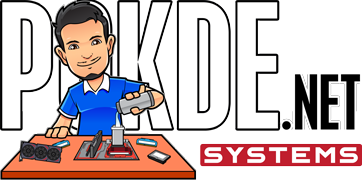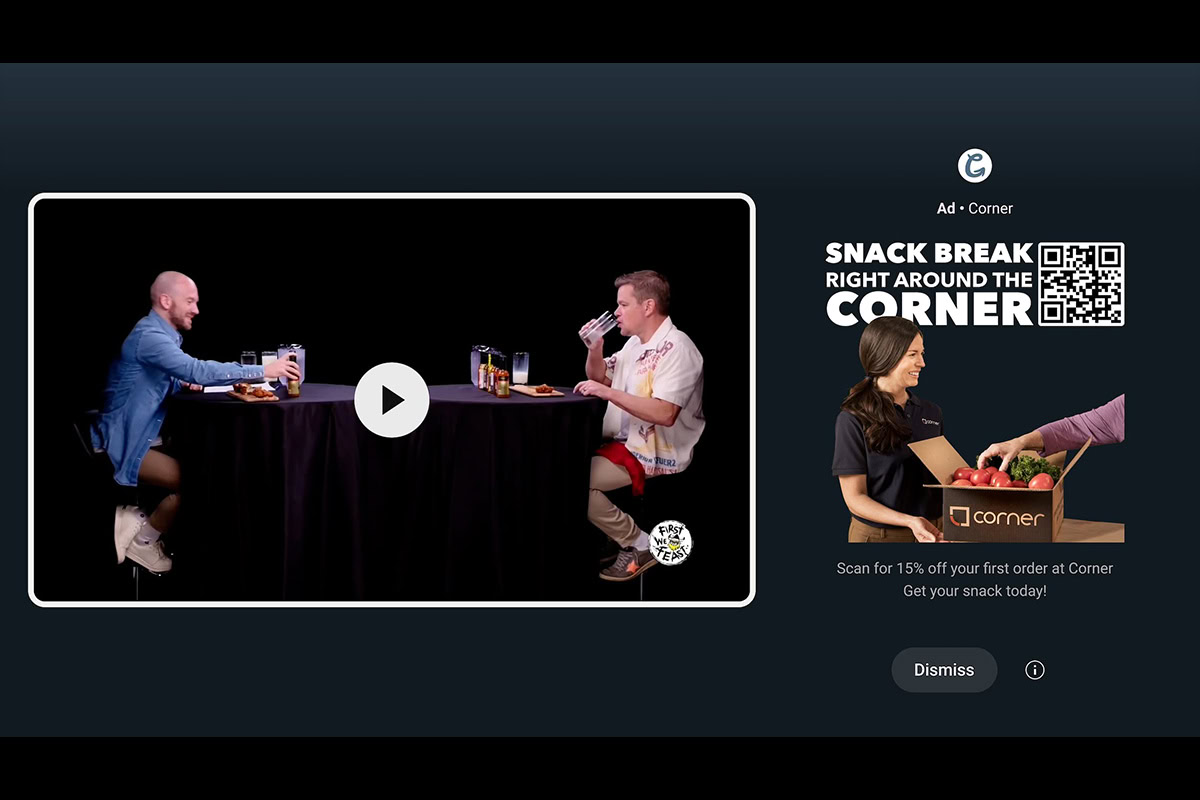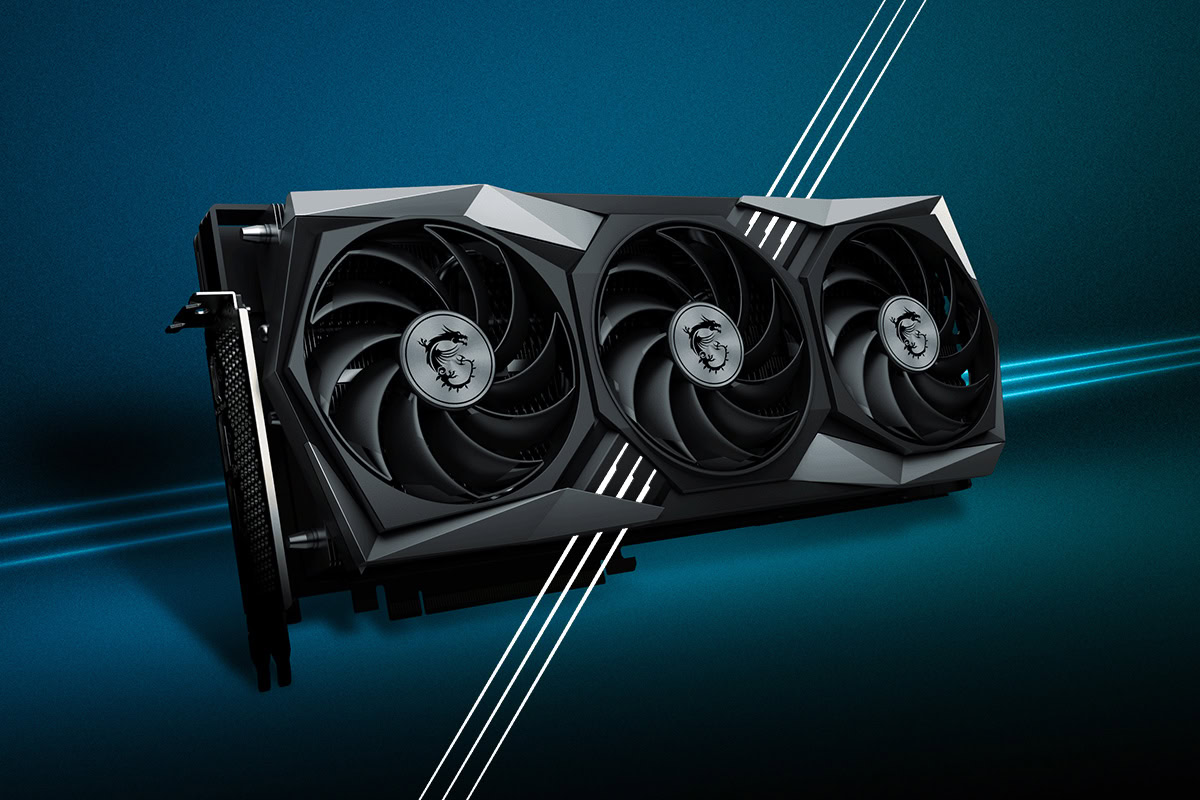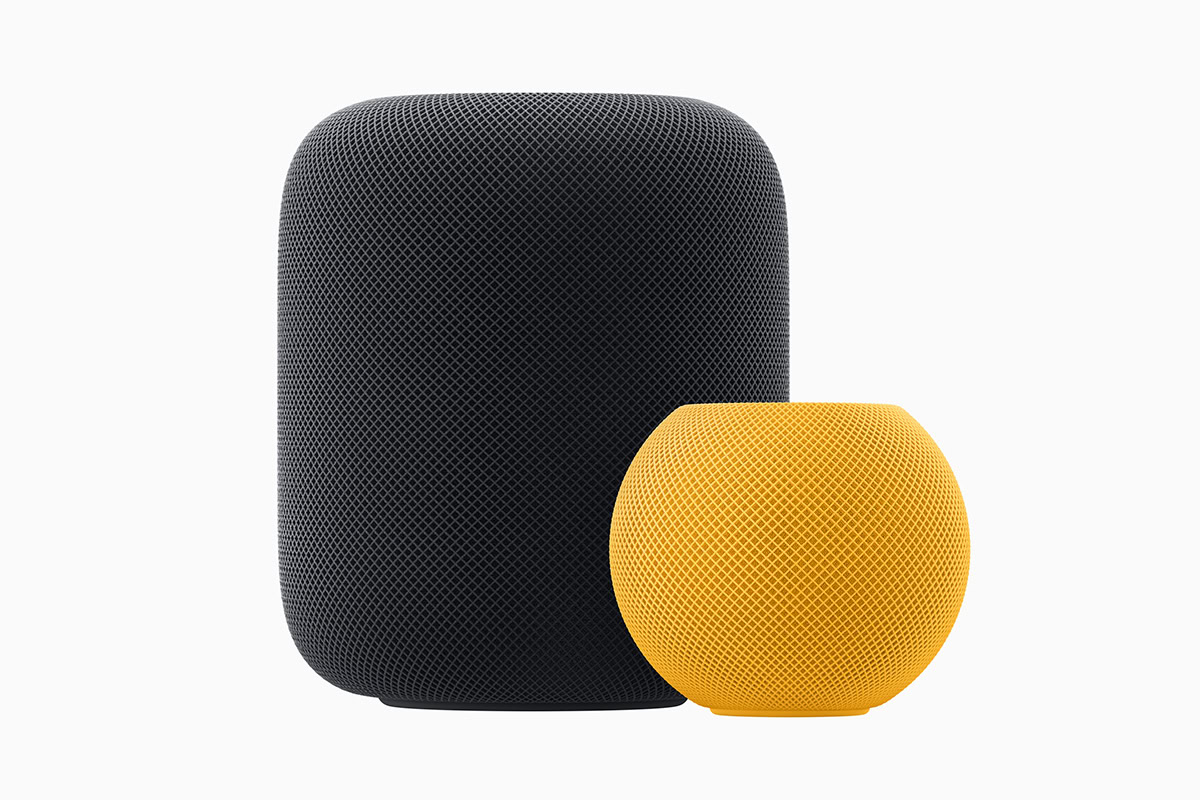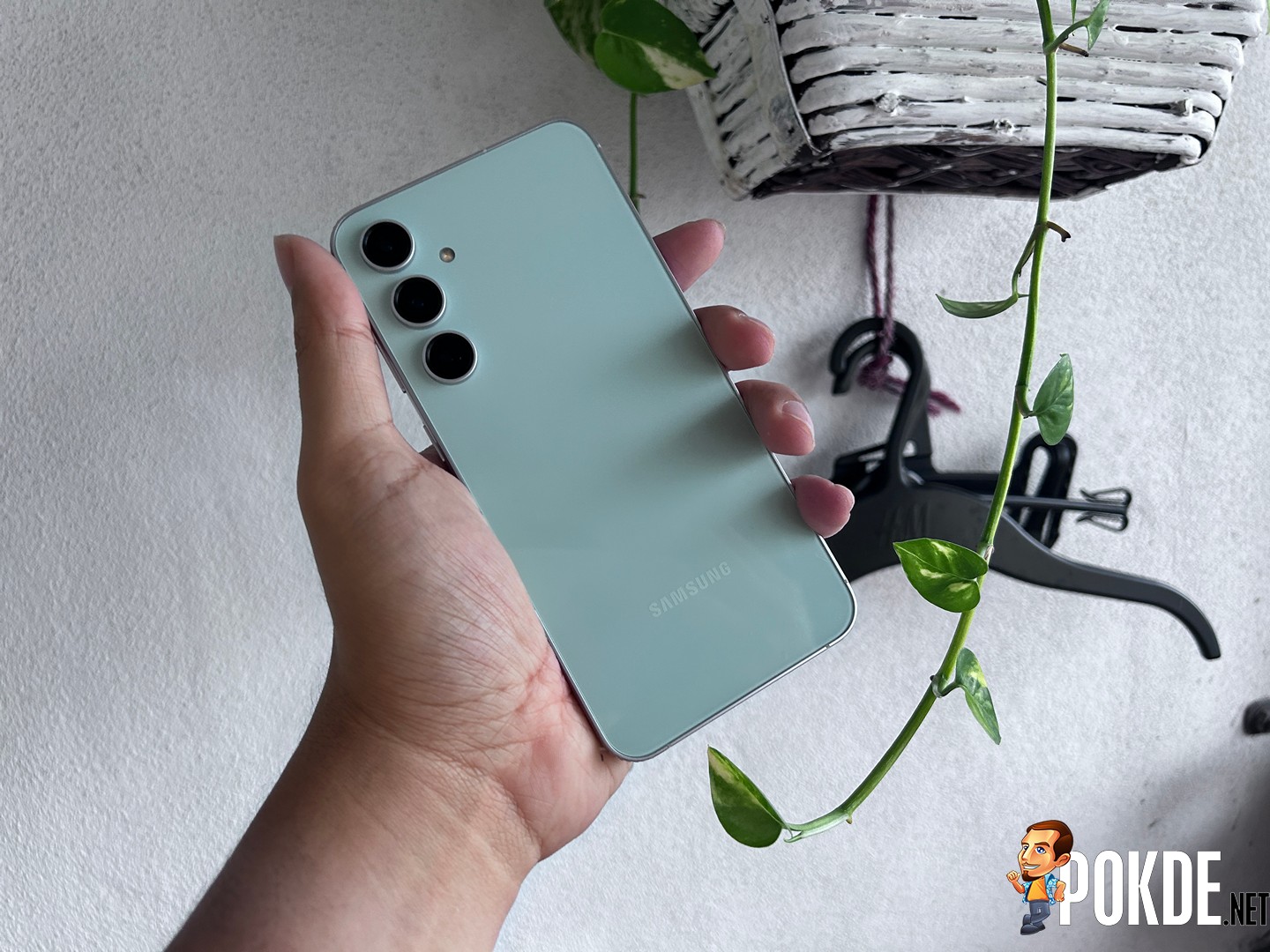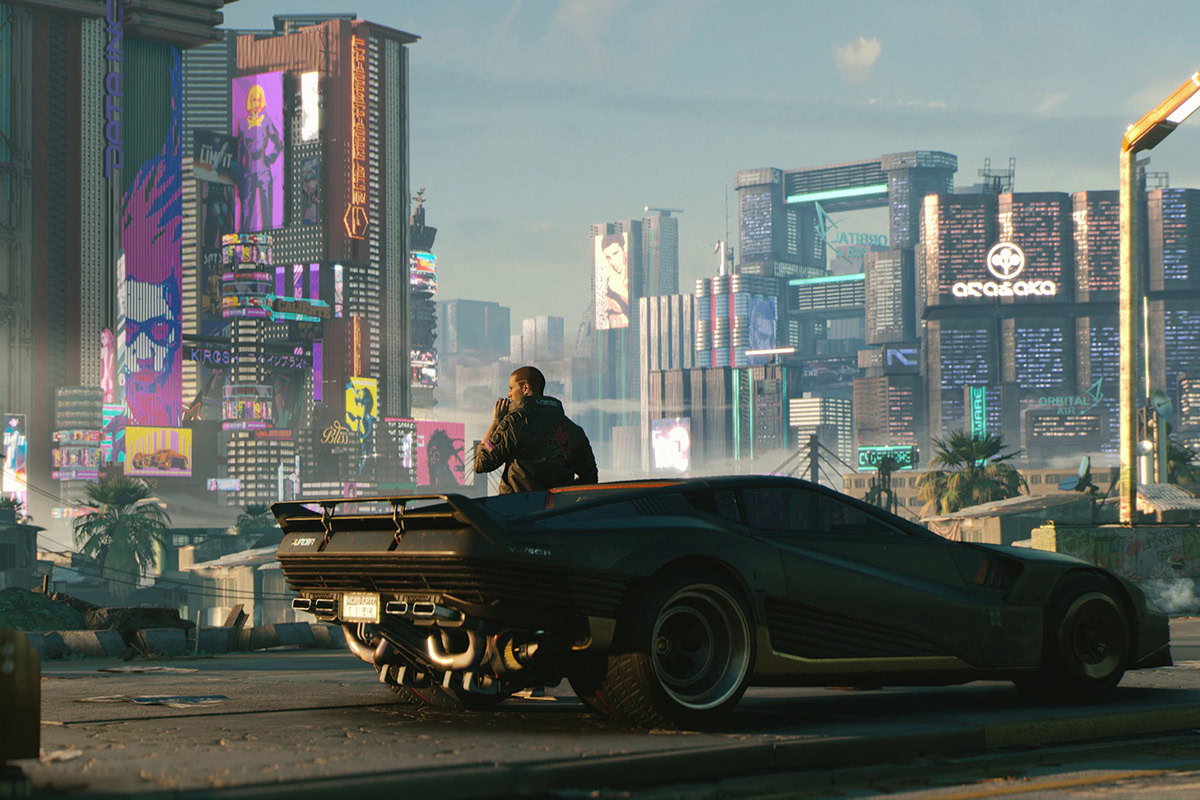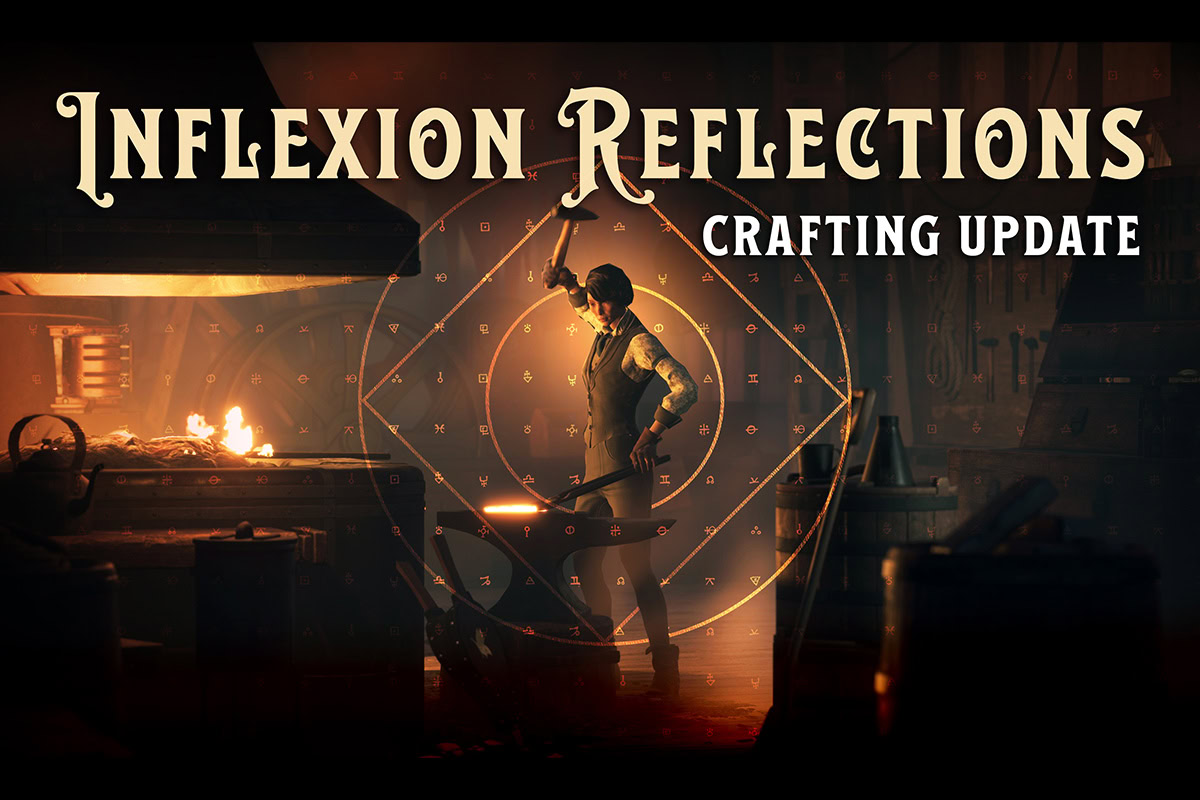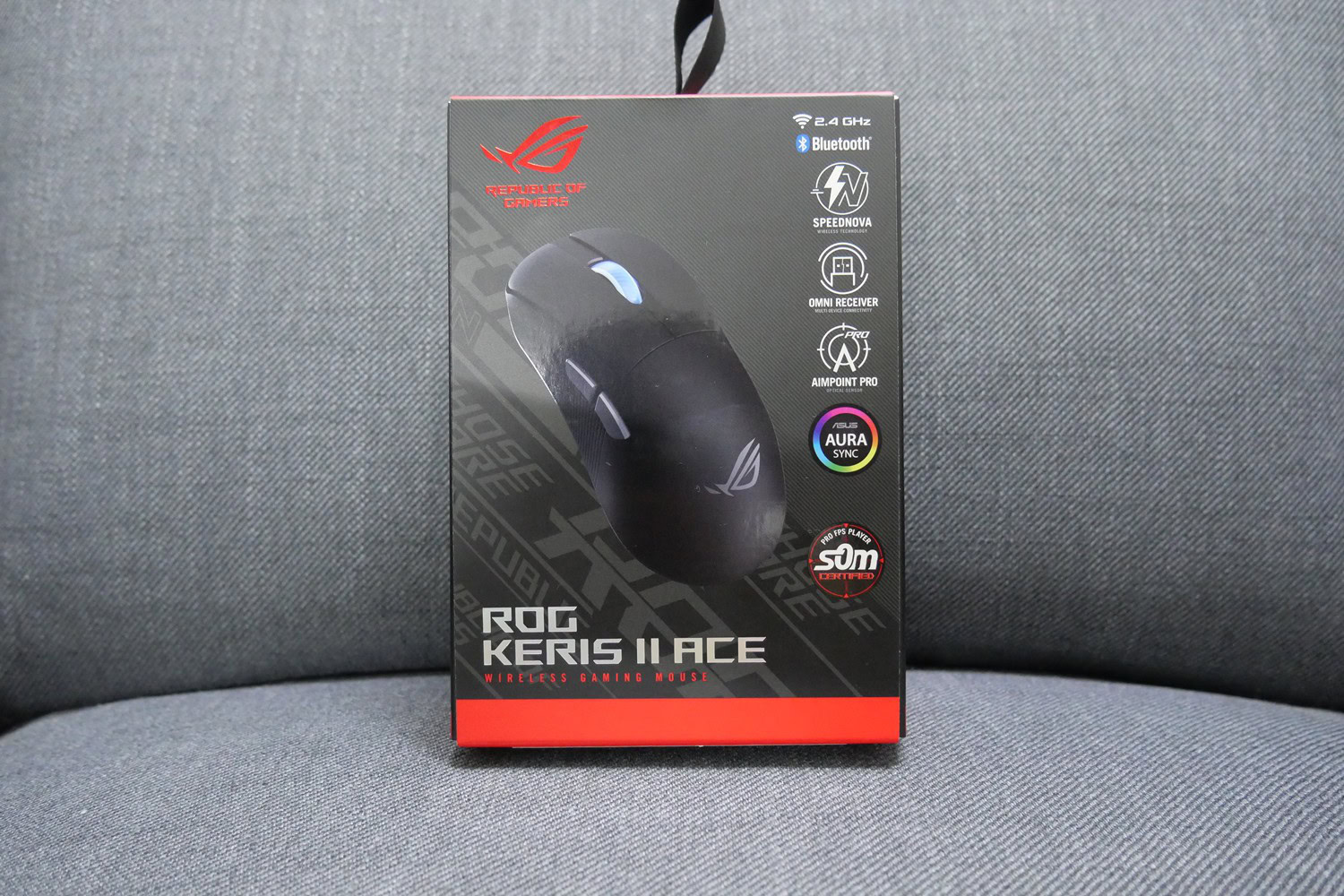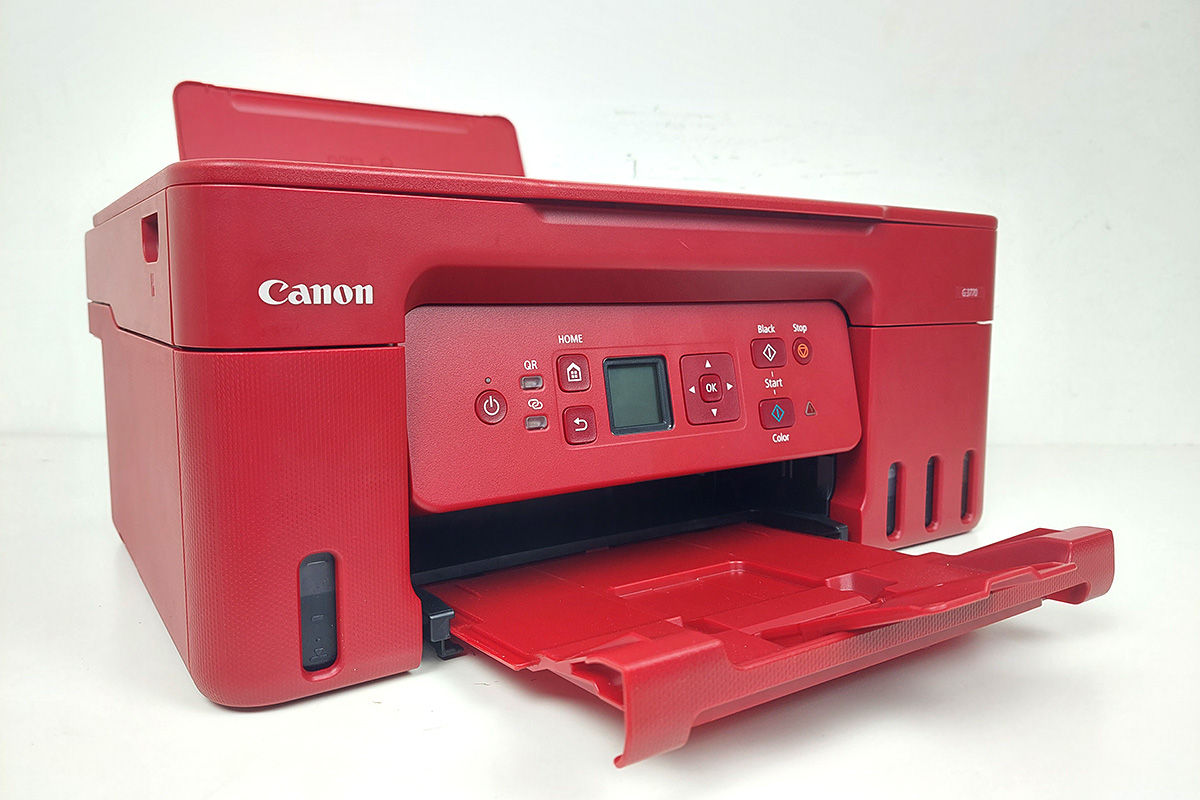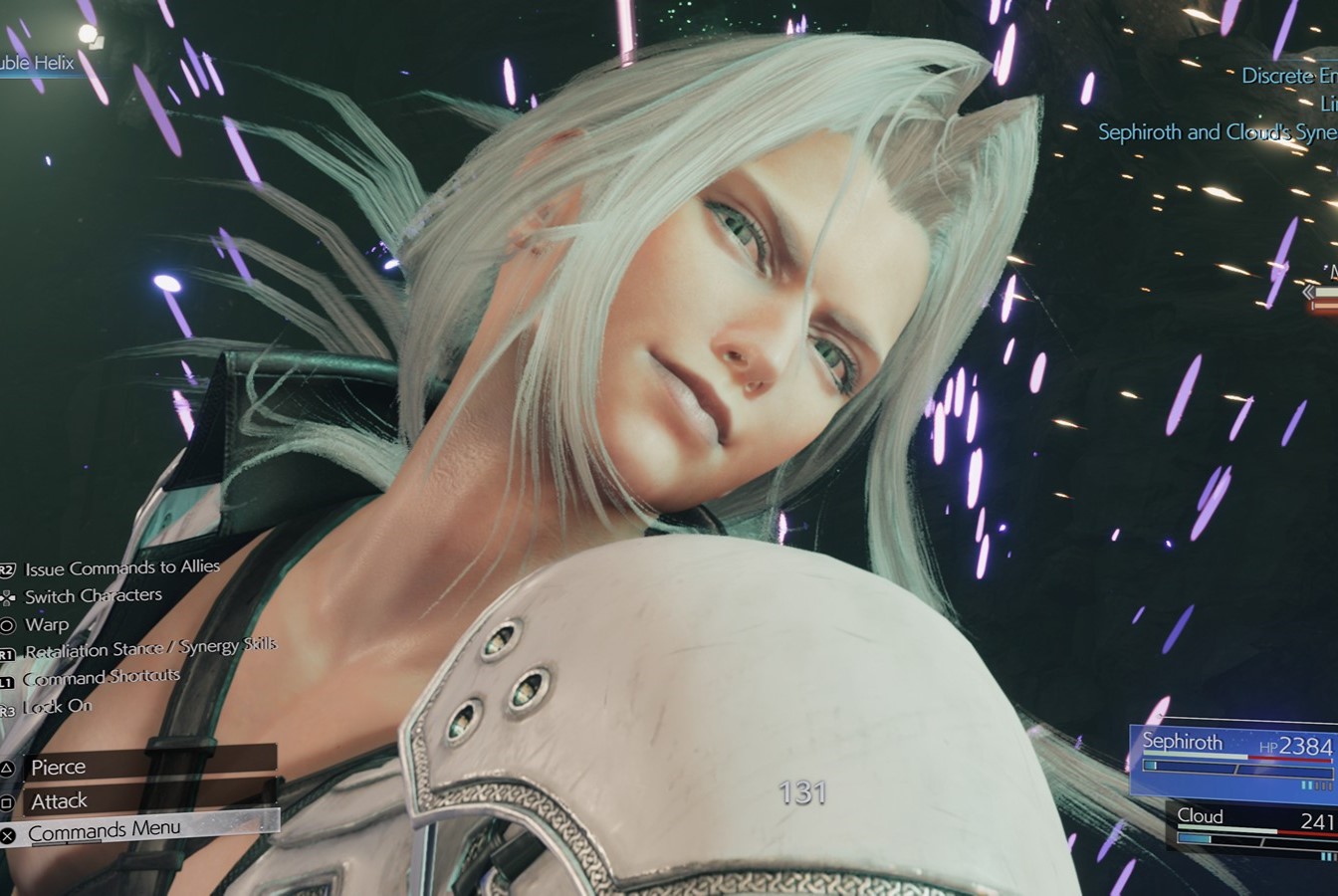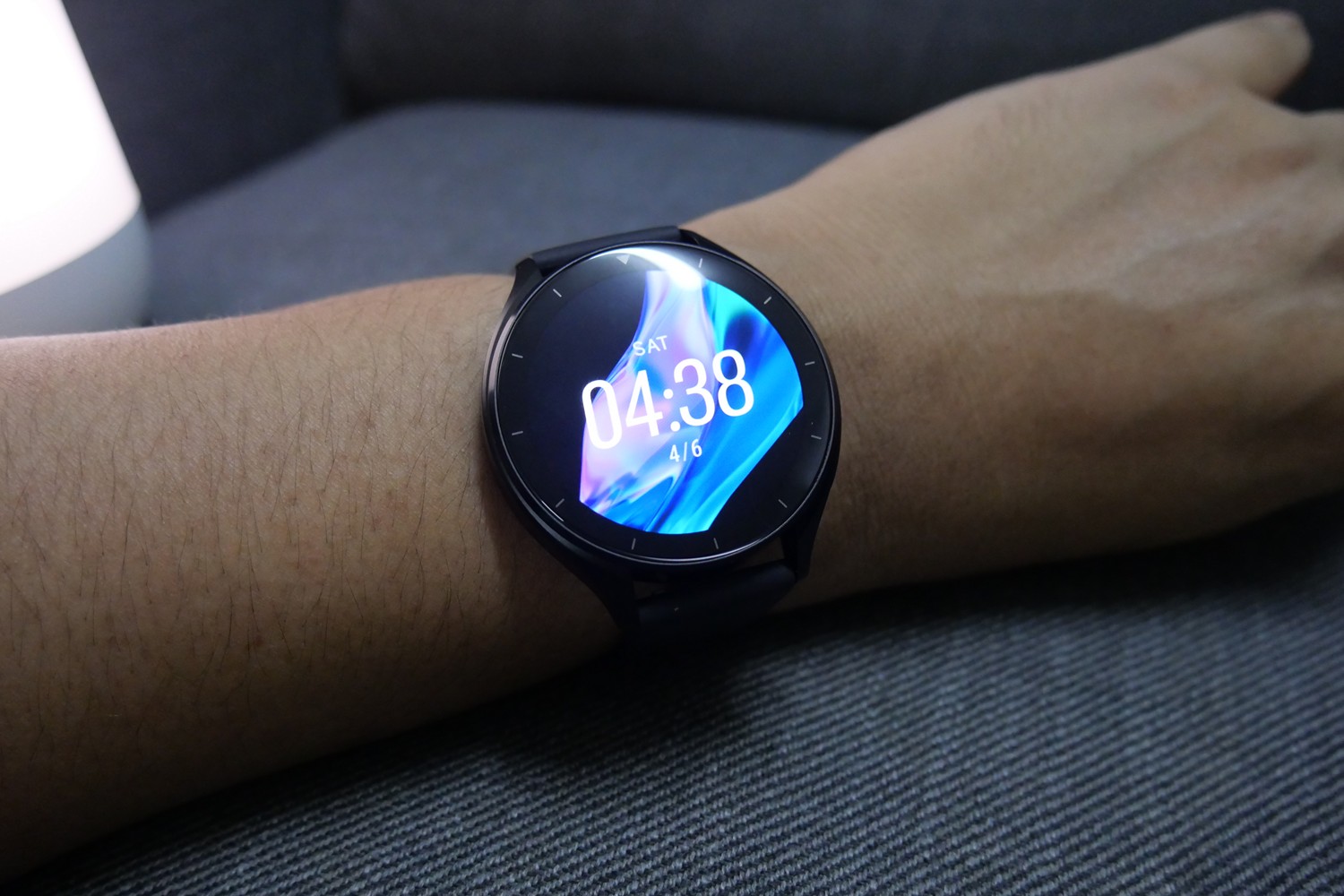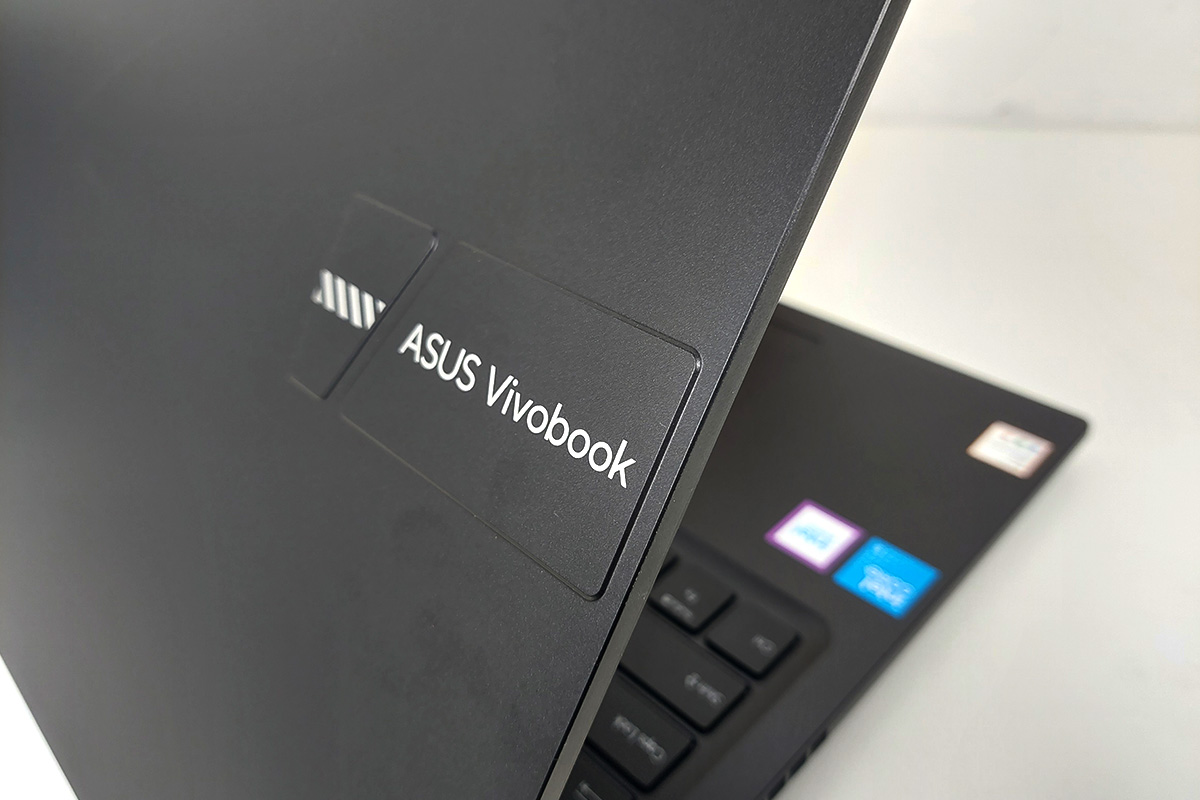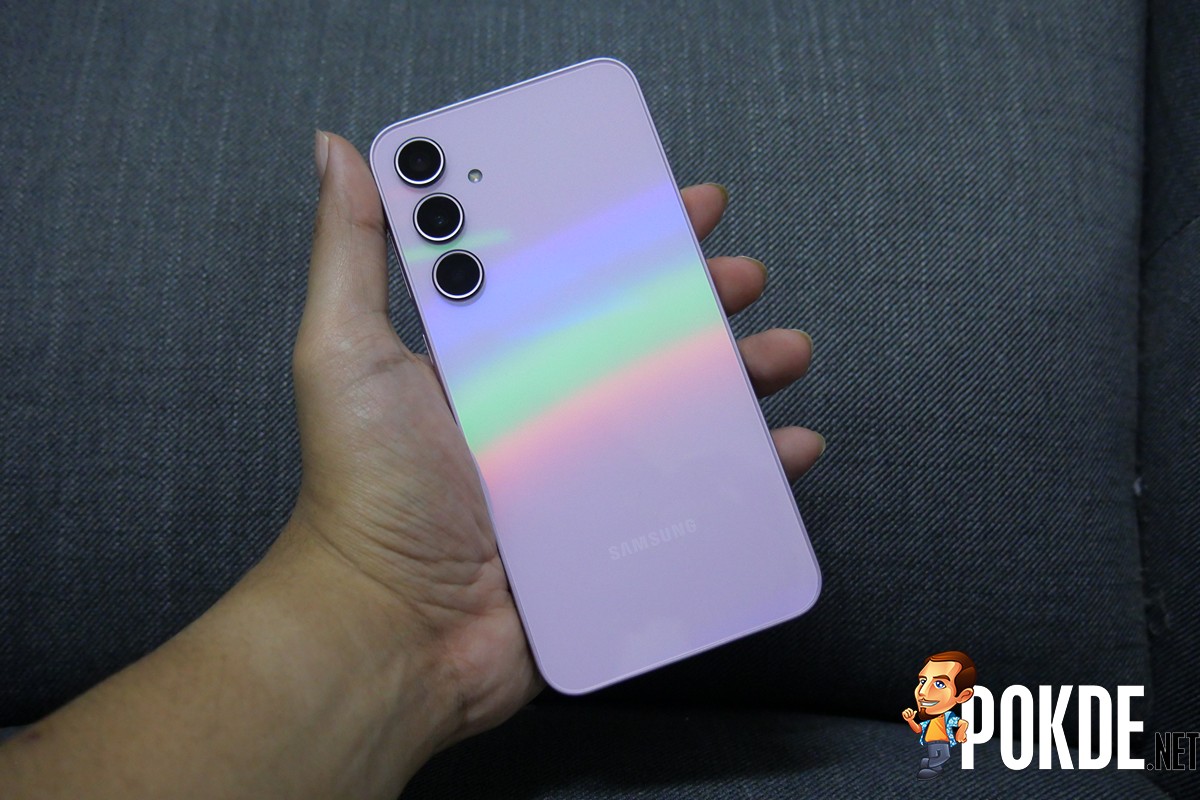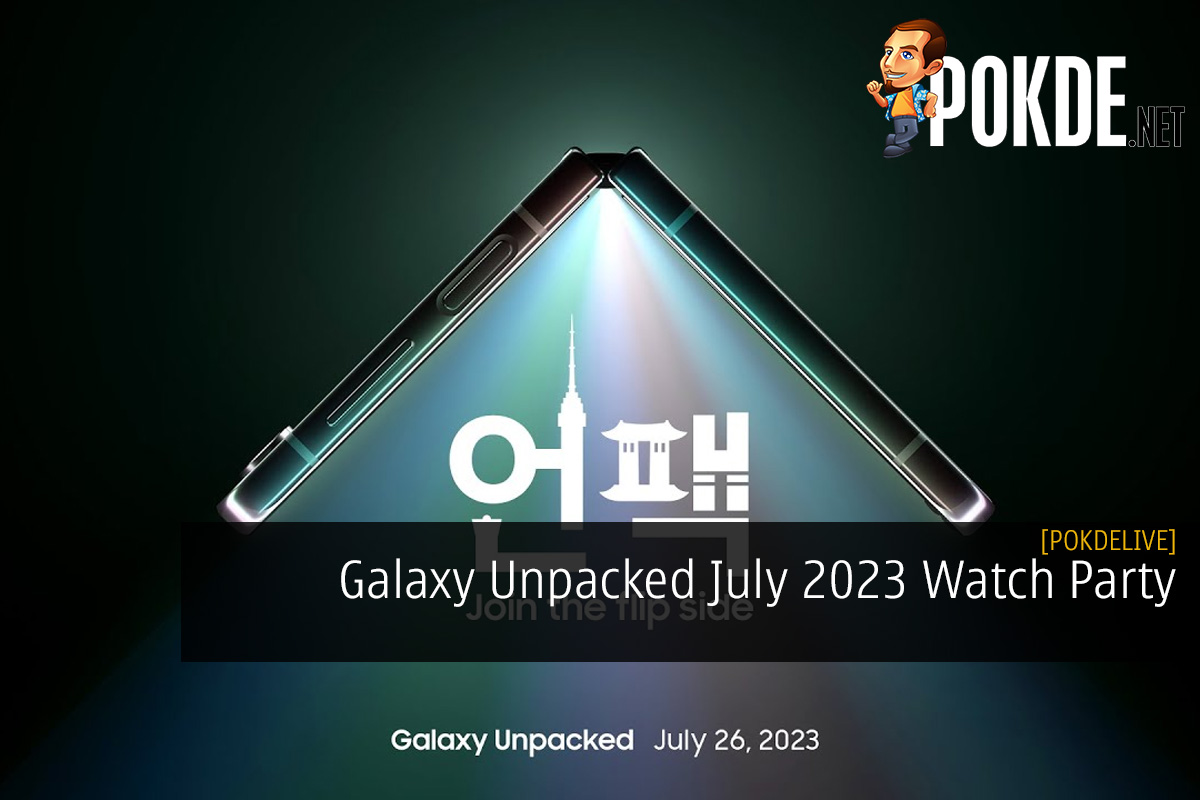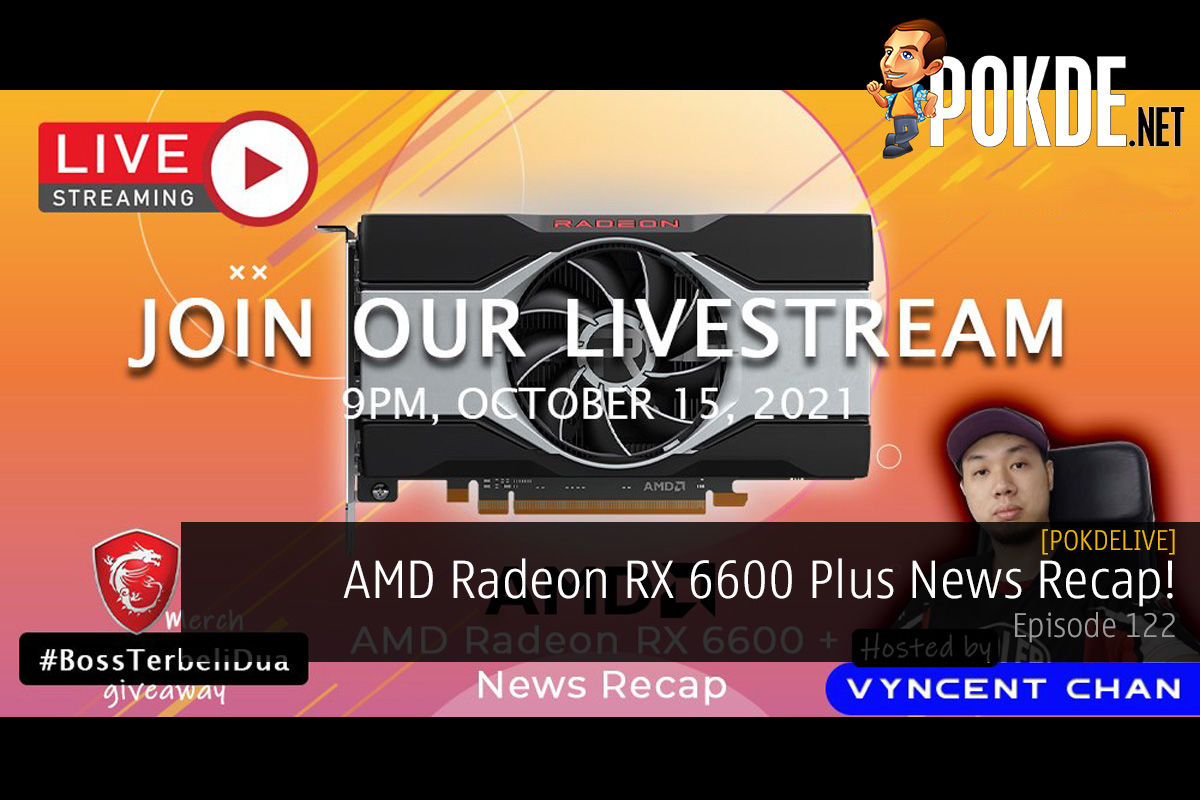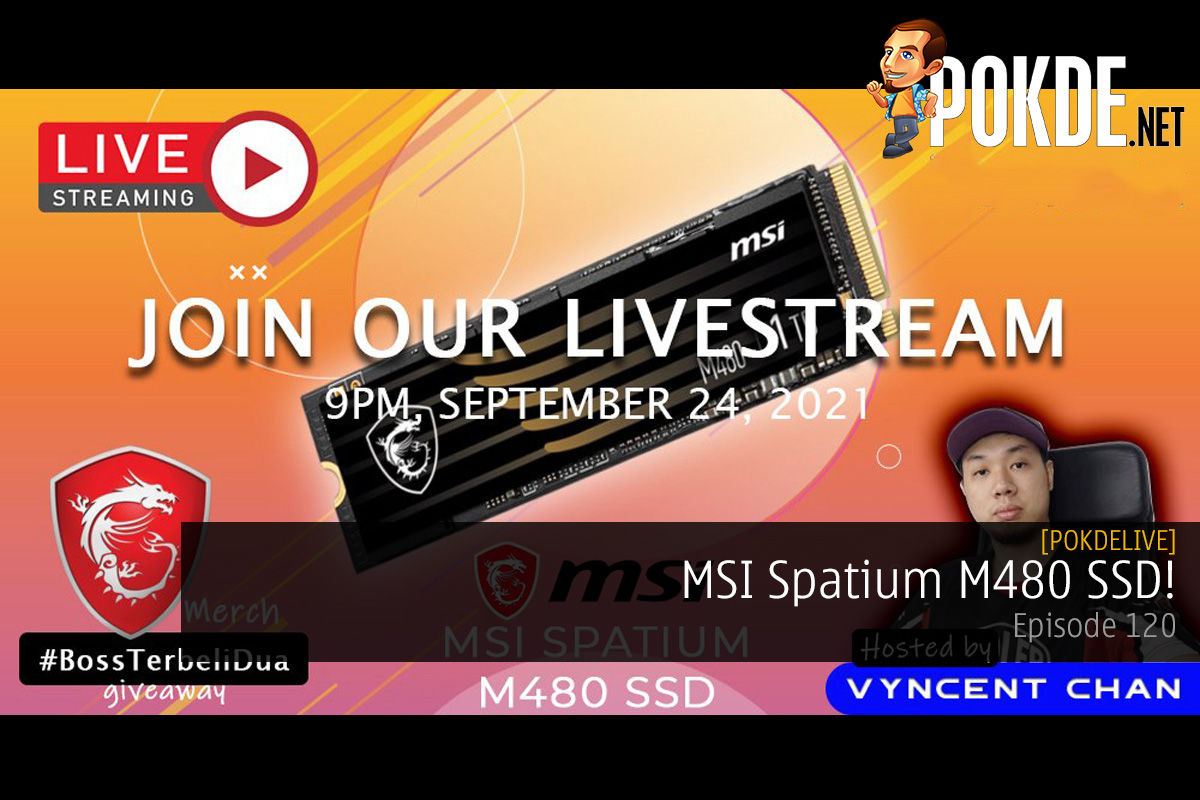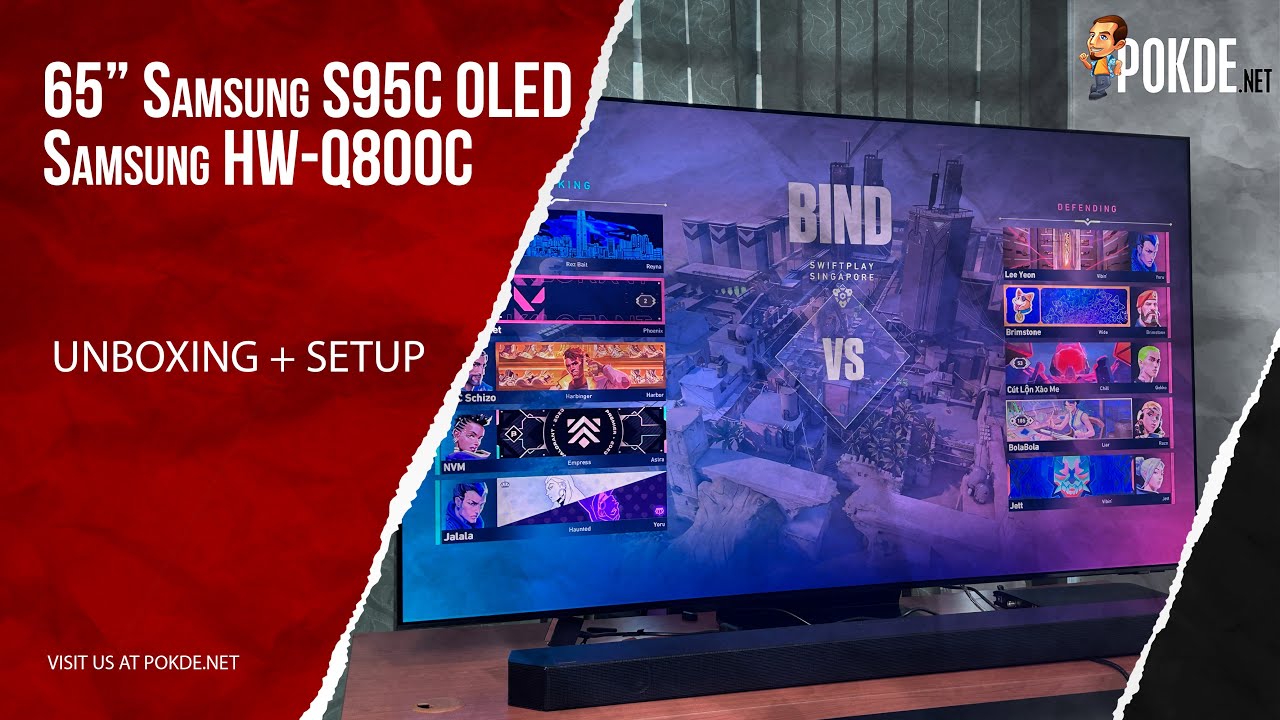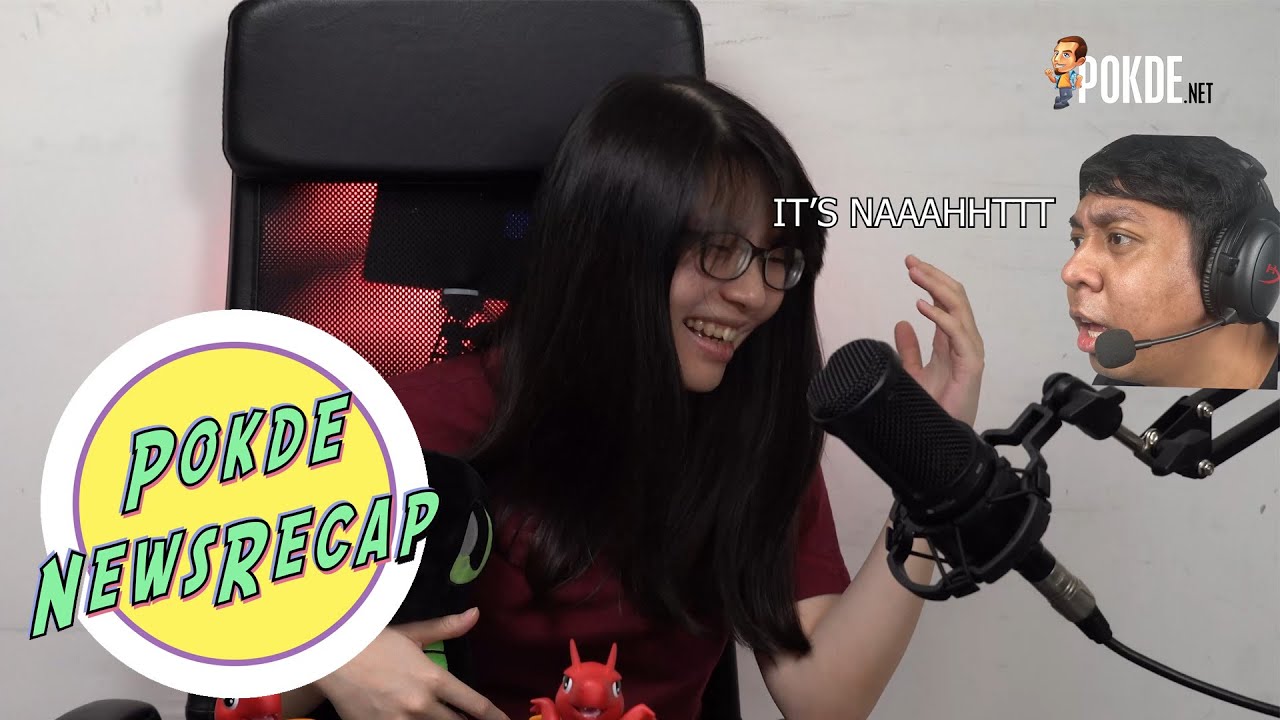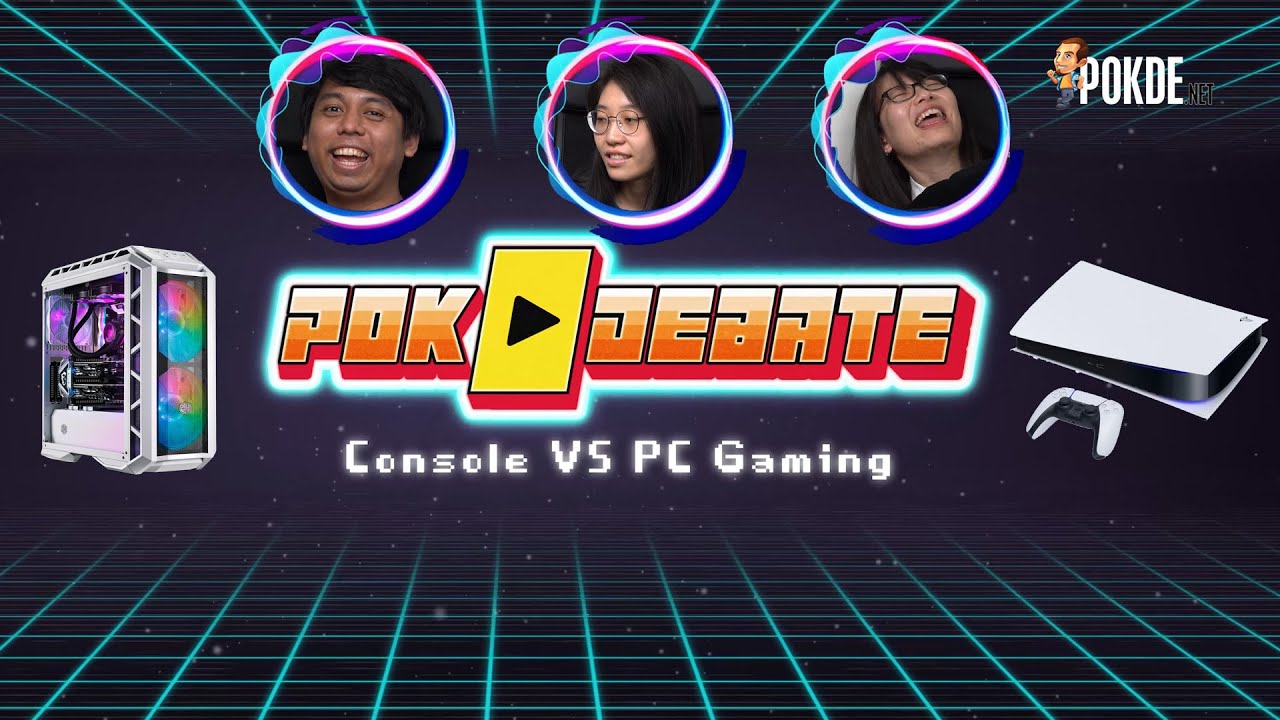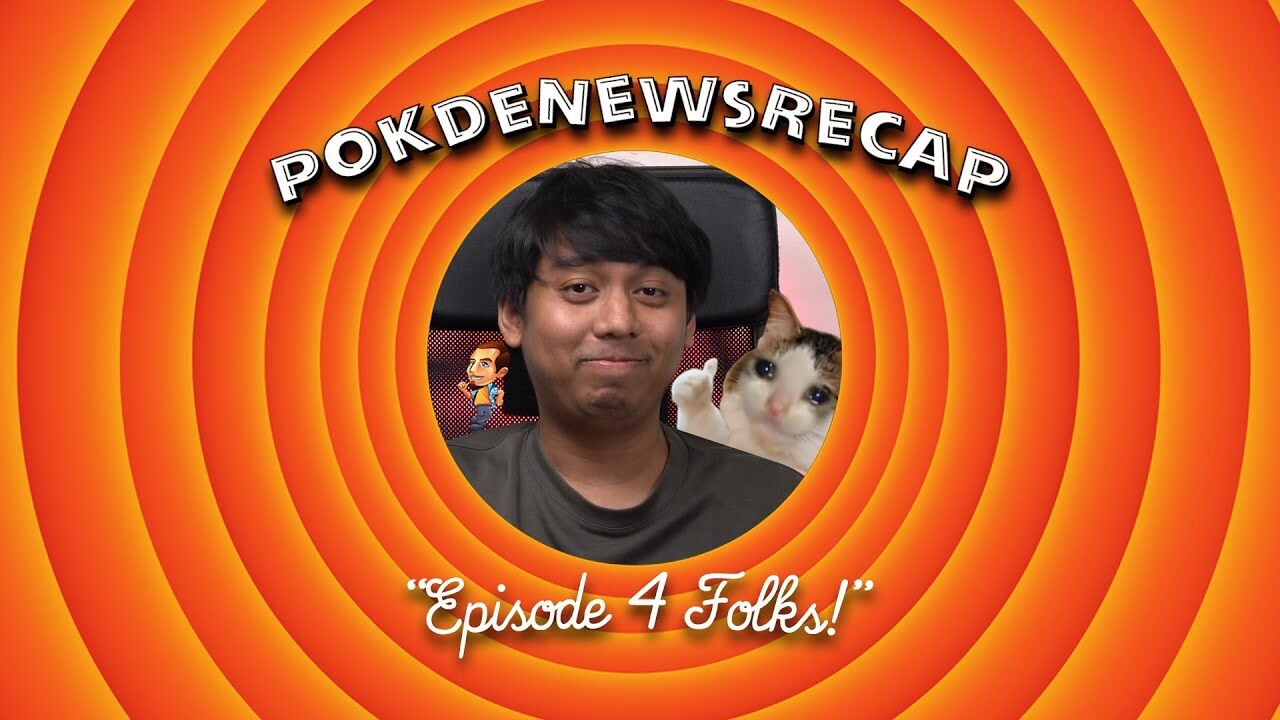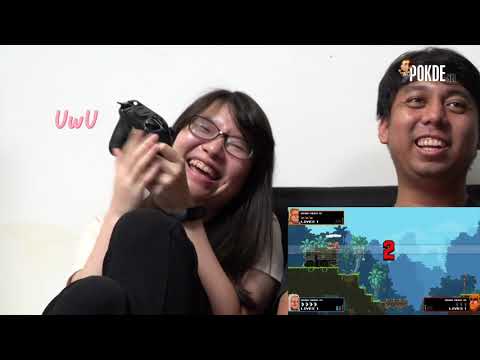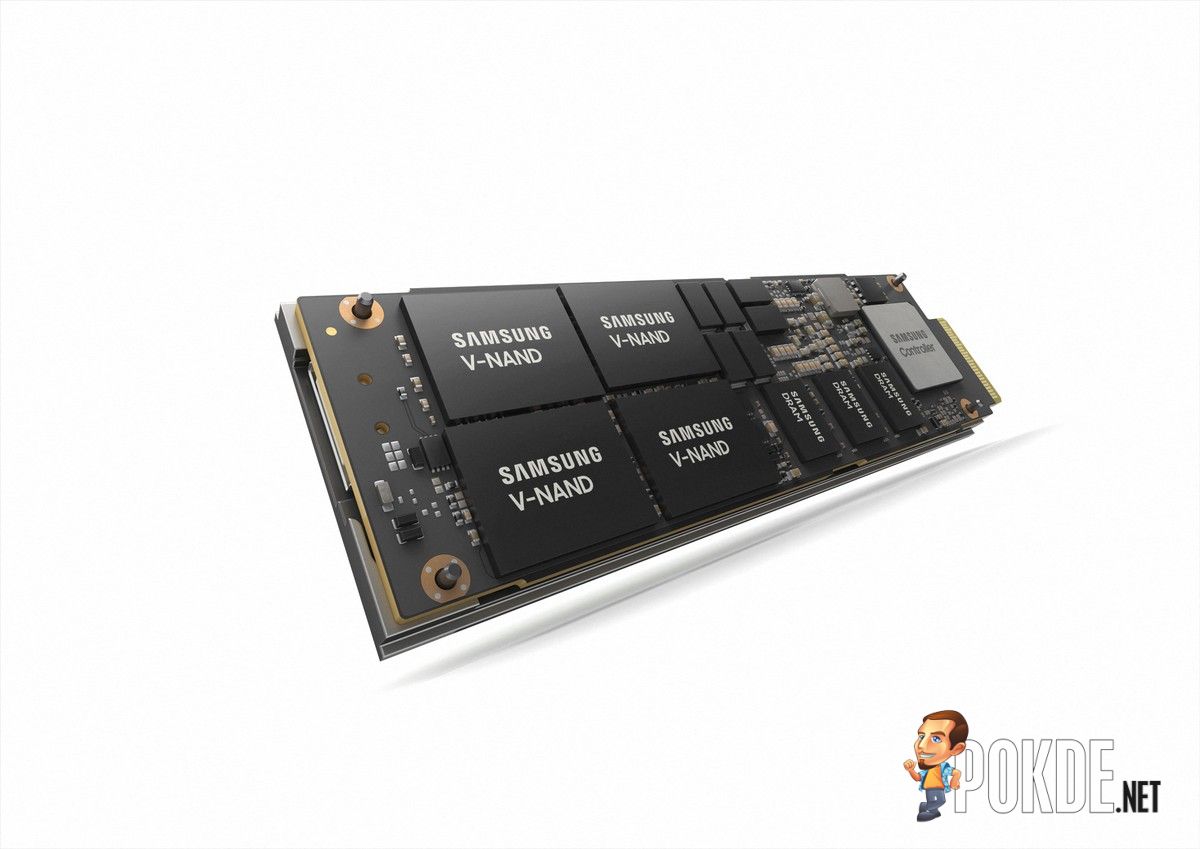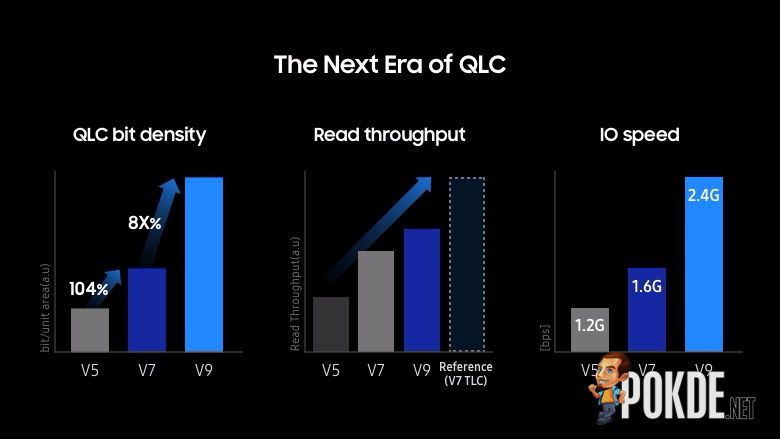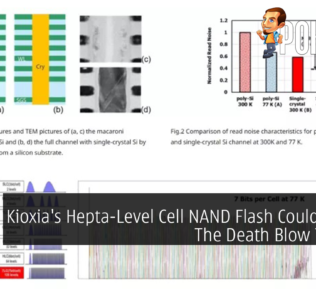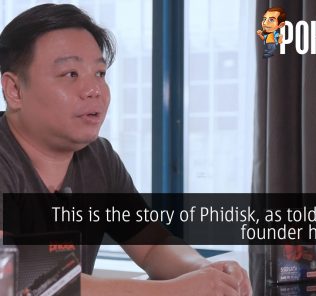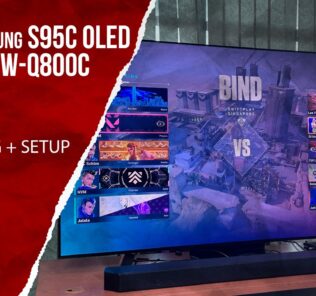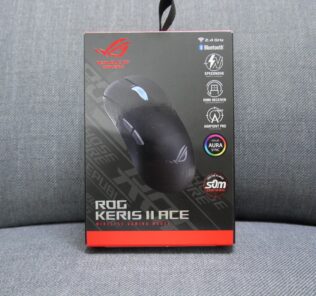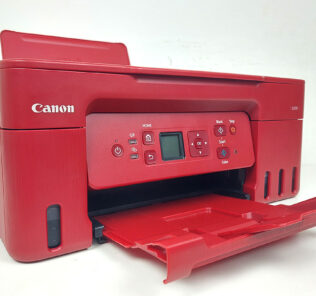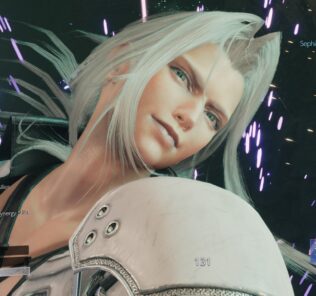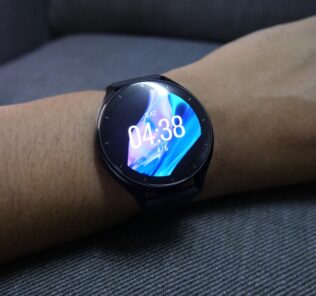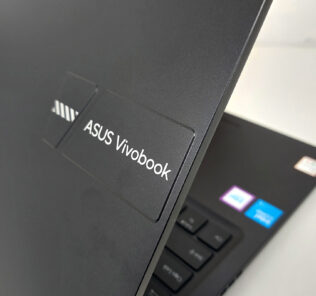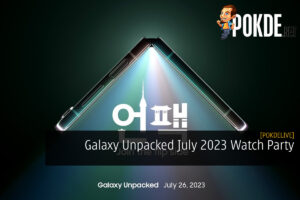16TB SSDs On The Horizon? Samsung’s 280-Layer QLC NAND Could Make That Happen
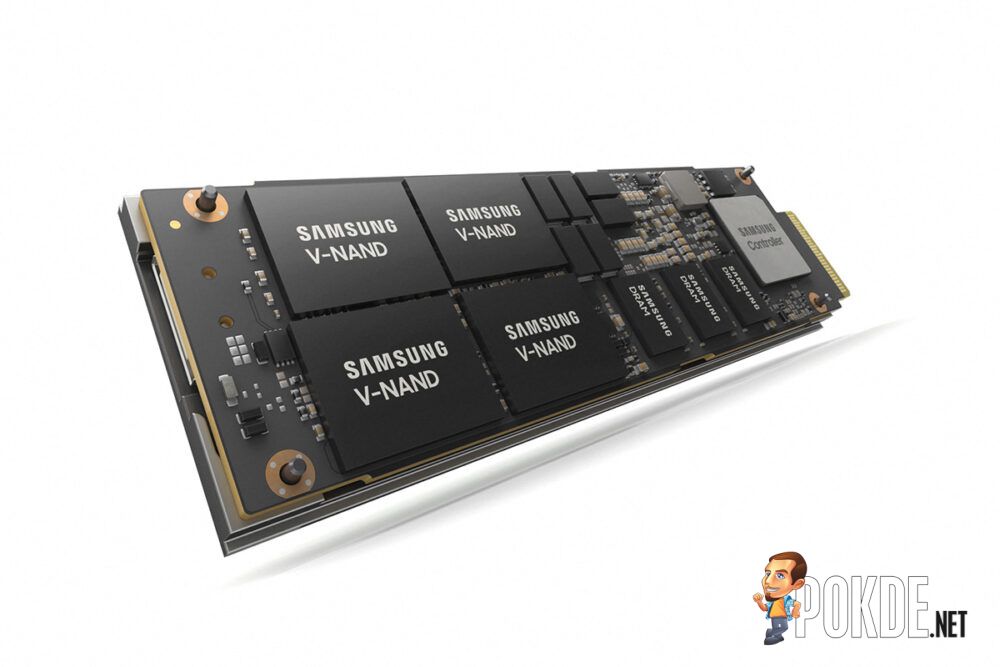
16TB SSDs On The Horizon? Samsung’s 280-Layer QLC NAND Could Make That Happen
Samsung may be soon announcing the next-gen QLC NAND flash dubbed V9, with significantly increased data density to allow more capacity on the same form factors SSDs use. The bit density may allow the company to design 16TB SSDs on a double-sided M.2 form factor, or a single-sided M.2 SSD with 8TB capacity.
The 28-layer QLC NAND comes at a density of 28.5Gb/mm² (gigabits per square millimeter), much higher than Chinese memory chipmaker YMTC’s 232-layer QLC NAND announced late last year at just 20.62Gb/mm². Micron’s 232-layer QLC NAND comes in at 19.5GB/mm², just shy of YMTC’s figures.
One of the inherent disadvantages as you go denser with bits per cell is the I/O performance. QLC comes at significantly slower than TLC equivalents, so they often rely on techniques such as SLC caching and HMB to mask the low throughput on the NAND modules themselves. However, Samsung’s V9 chip reportedly will come with increased speeds over the outgoing V7, clocking at 3.2 Gbps (over 2.4 Gbps).
With higher density as well as higher transfer speeds, Samsung’s V9 NAND could offer substantial value over competitors given its much superior density. That should help drive the prices down, although the SSD market in general is currently experiencing a price hike today as a result of inventory correction measures, to recover from the market effects caused by the Covid-19 pandemic.
Source: Tom’s Hardware
Pokdepinion: Would this allow 2TB to become the new mainstream option for non-gaming laptops? I think it might be possible.

